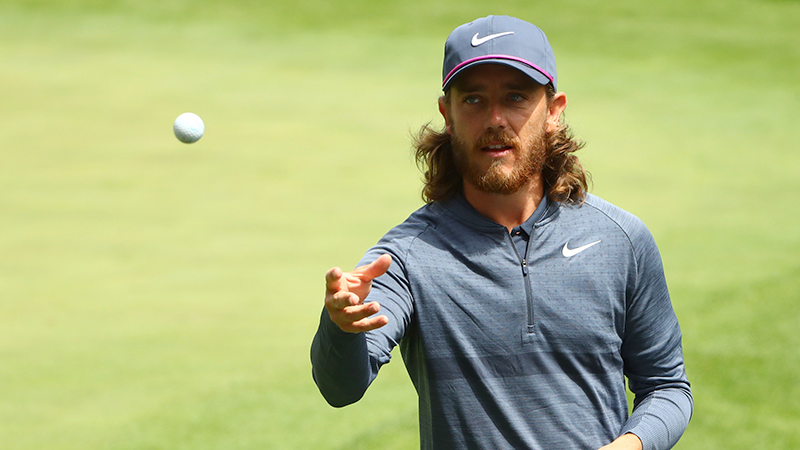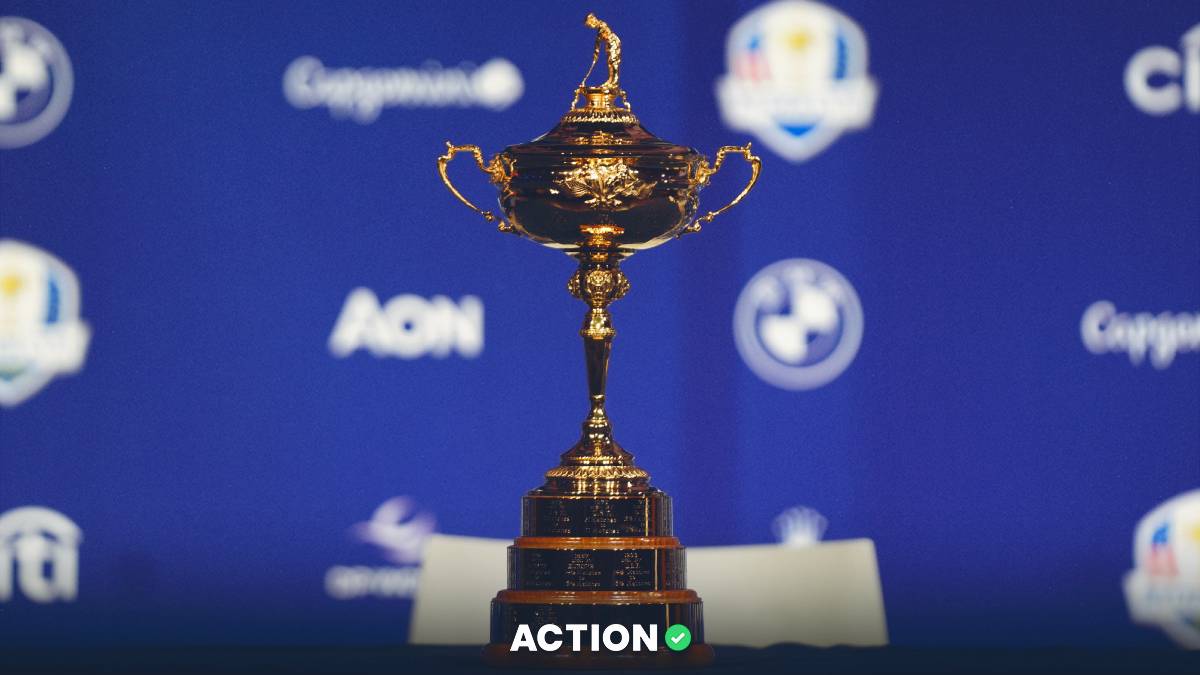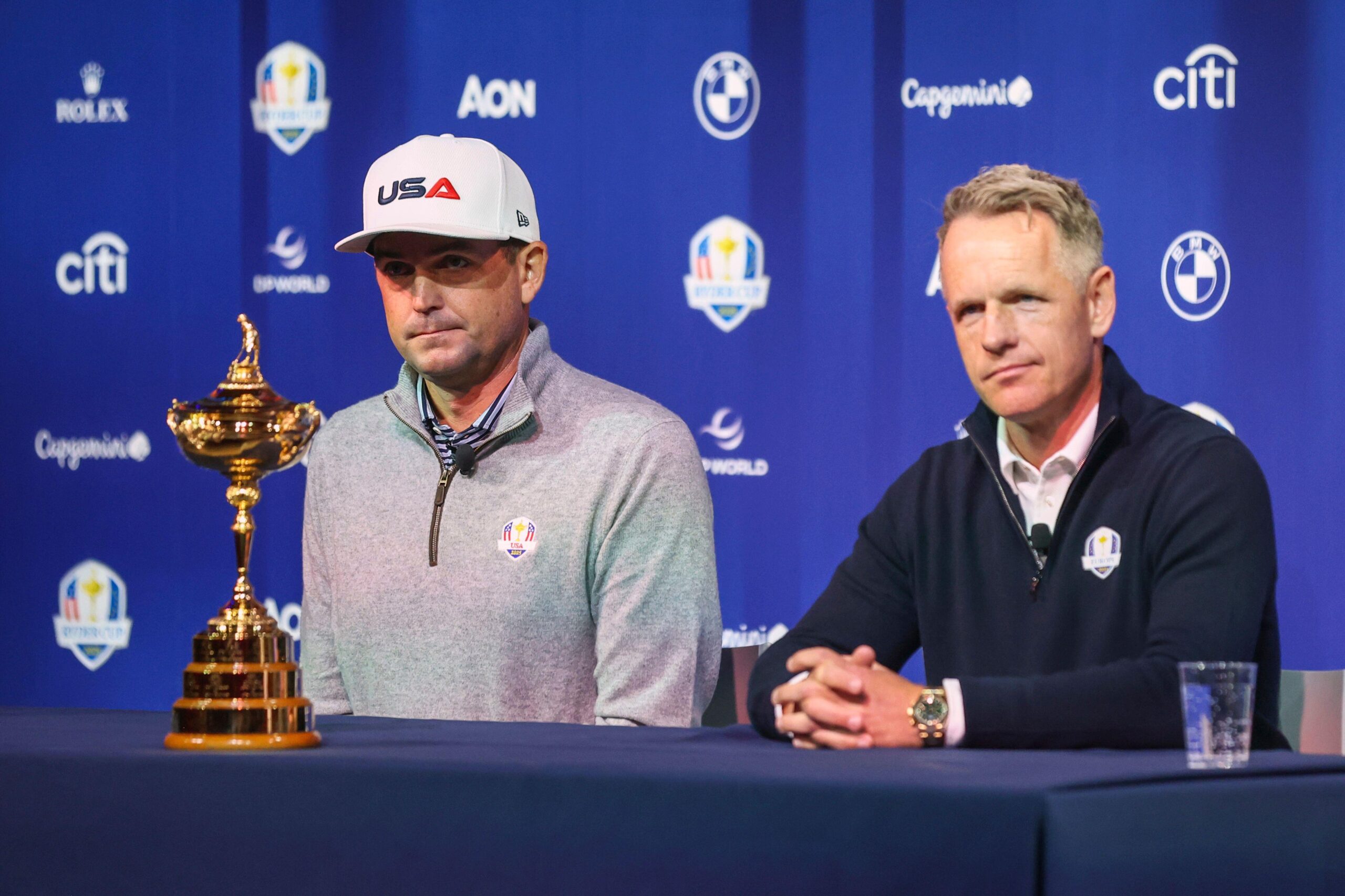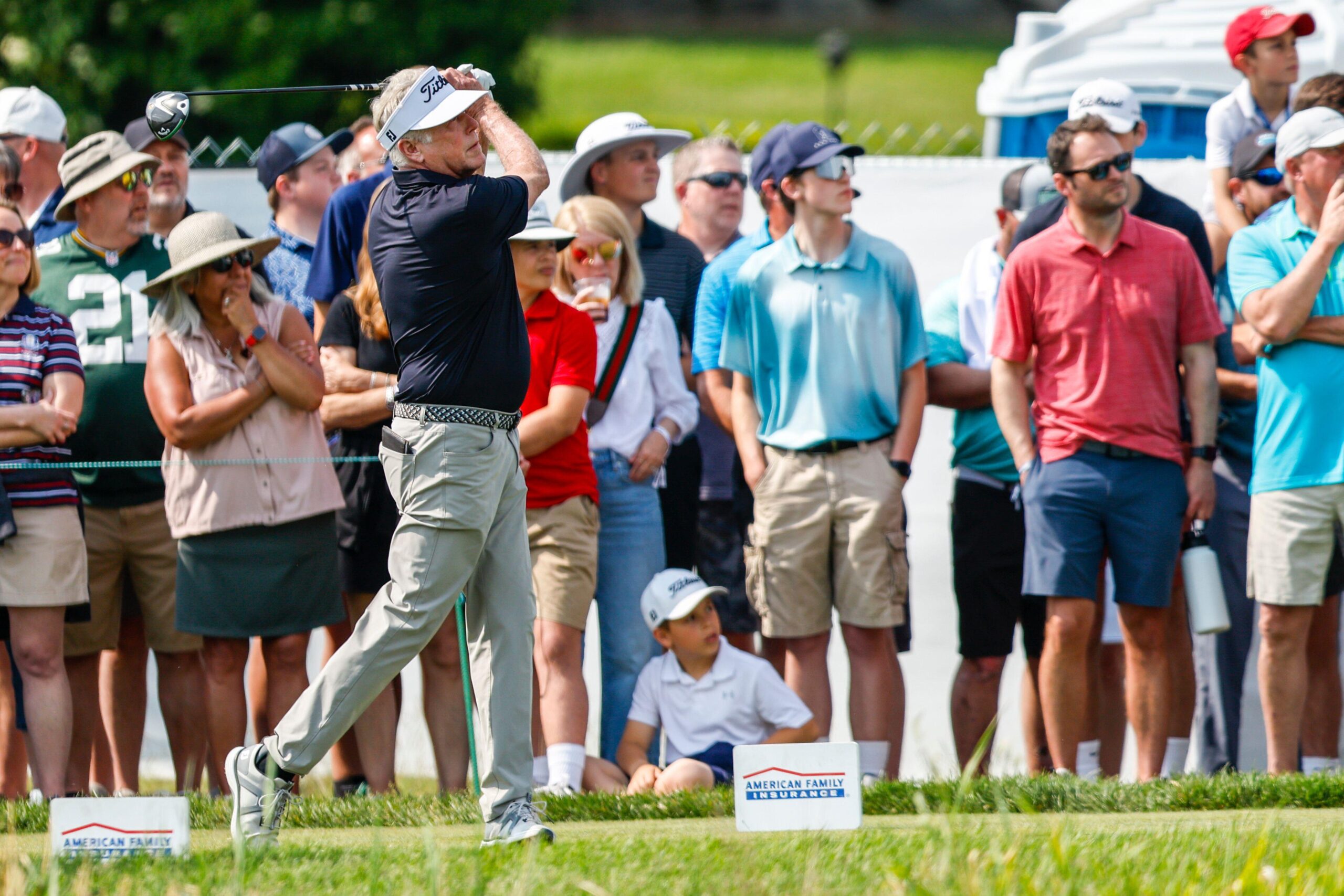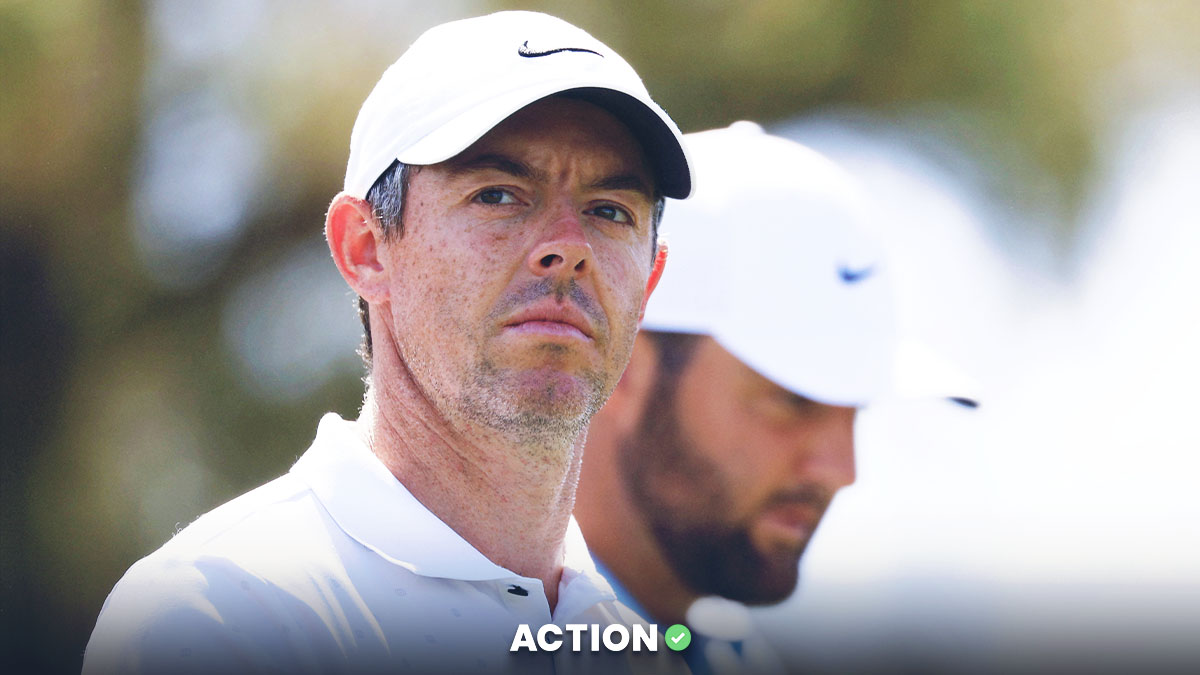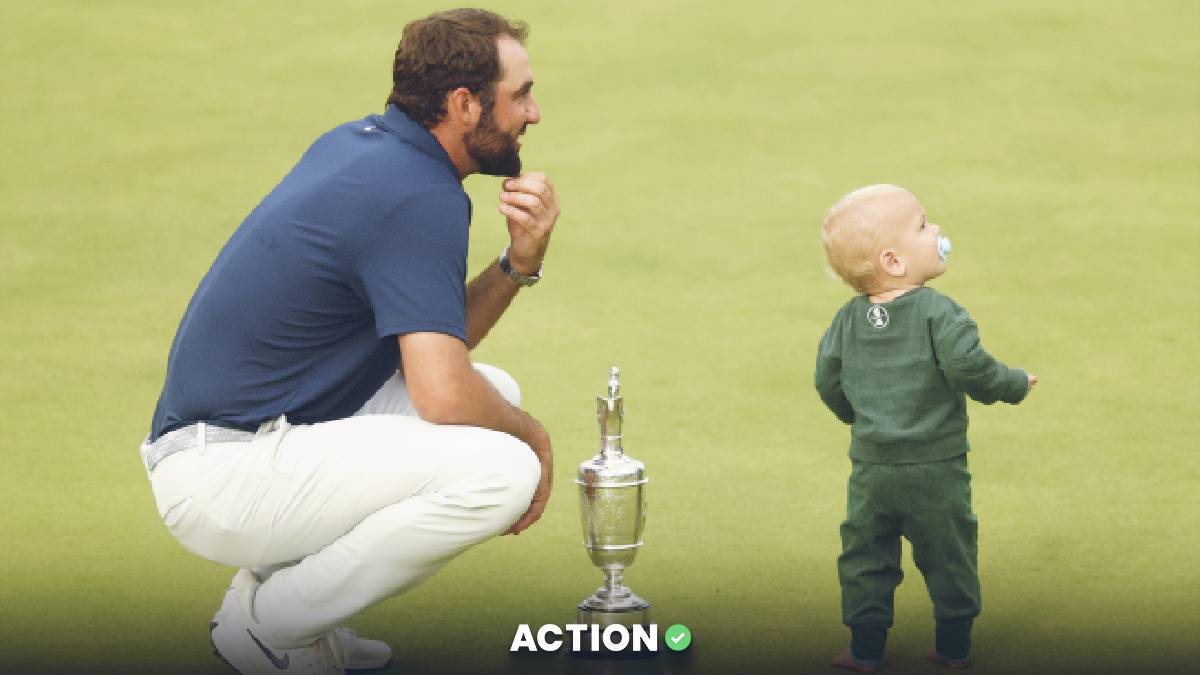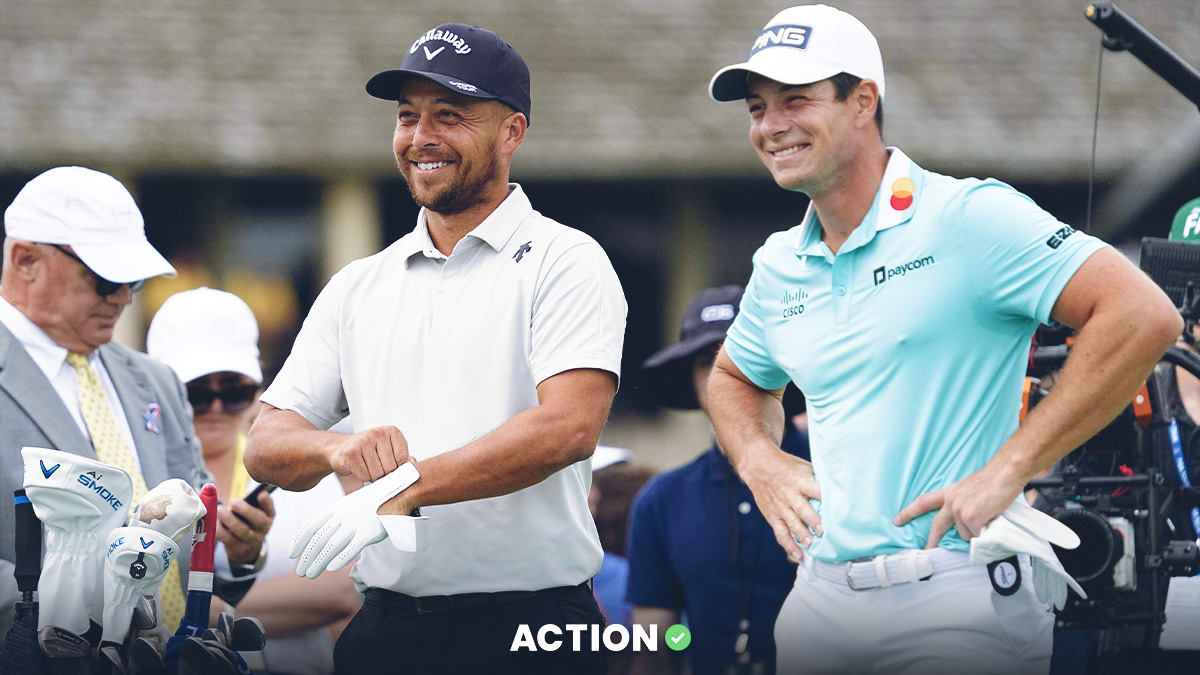- The U.S. Open used to be a a tournament that rewarded strategy, guile and experience, but that's not necessarily the case anymore.
- Jason Sobel examines the shift we've seen in the past 10 Opens and what it means for this year's event.
The term "U.S. Open player" used to need no further explanation.
The connotation was that of a steady performer who rarely made mistakes, keeping it in the short stuff off the tee, aiming for the middle of greens and two-putting his way into the history books.
There’s a reason why Hale Irwin won this tournament three times, a reason why Andy North, Curtis Strange, Lee Janzen and Retief Goosen each claimed two titles without ever winning any of the other three major championships.
In recent years, though, this dynamic has changed mightily.
Take the last three winners, as the perfect example of this tectonic shift. Brooks Koepka is the two-time defending champion, preceded by his buddy Dustin Johnson, each of whom are considered mashers with an aggressive streak — not exactly the prototypical U.S. Open type of player.
This doesn’t mean, though, that we can’t find players to fit the recent profile.
Let’s examine the past 10 winners, based on the age and world ranking at the time.
A few takeaways from this data: First of all, the U.S. Open, in theory, used to be one of the majors, along with the Open Championship, that a player in his 40s had the best chance of winning. Strategy, guile and experience were the domain of the elder statesmen, while power was often negated on these venues. That isn’t the case anymore – and it obviously hasn’t been in the past decade, as the average age of winners is 27.5. Only three players older than 30 have won this tournament during that period, none older than 32. Meanwhile, Spieth and McIlroy added their names to the list of youngest winners in the event’s storied history.
The second obvious take is that, despite this being an “open” tournament, only players at the highest levels of the game have been able to claim this title. The average world ranking number of winners in the past 10 years is 20.2, but even that includes a pair of older outliers in McDowell and Glover. Cut that time variable back to eight years and the number drops to just an 11.7 average.
Granted, we’re not factoring in strokes gained data for driving or ball-striking or putting — stats that obviously play a role — but looking solely at the bottom-line averages for age and world ranking, we can find about 10 players who fit the profile of recent champions (OWGR numbers are post-Memorial Tournament).
They are:
Now we can start doing the Goldilocks thing.
Cantlay? Ranked too high. Wallace? Too low. Day? Too old. Rahm? Too young.
The player who best fits the U.S. Open champion’s profile is Fleetwood, who should also be a popular pick among the masses this week.
In his last two starts at this major, the Englishman has finished solo fourth at Erin Hills and runner-up last year. He’s certainly trending in the right direction at this event and he’s your best bet if you’re trying to find someone who fits the profile, at less than a year older than the average winner and just two spots higher on the world ranking.


